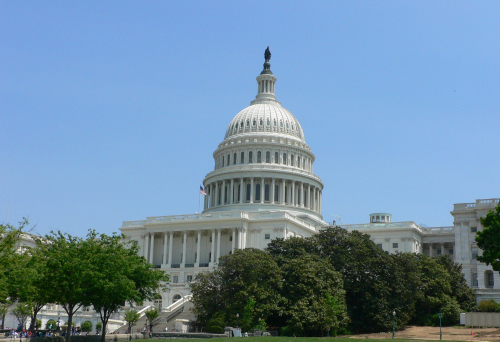
Such was the sobering assessment of the state of regulatory and legislative affairs, delivered in his succinct address to attendees at the recent NASF Management Conference in Hawaii, Feb. 25—28. Richter hammered home the message that a variety of regulatory bodies—including European environmental entities as well as oversight organizations here in the U.S.—are pushing for even tighter environmental standards that may affect finishers.
According to Richter, this translates into a whole new set of challenges and compliance measures even beyond the usual suspects like ELV, RoHS, WEEE, and, now, REACH—Registration, Evaluation, Authorisation and Restriction of Chemicals. Richter alluded to the newly launched China and South Korean RoHS as well as developments unfolding stateside. These include new mandates in California regarding plating facilities and their proximity to residential areas as well as the "10 Chemical Ban Rule" in Massachusetts. "We're looking closely at that market to see what that state dictates," Richter said. "Plus, there are new issues unfolding on the waterwaste discharge side, and that will continue to have an impact on job shops under the so-called Total Maximum Daily Load Program."
Why the intense focus on metals? According to Richter, these regs have been on the books for a long time, but due to ongoing environmental lawsuits, as well as other types of pressures, the industry is finally beginning to see some of these issues raise their heads on a global level. Another factor, according to his colleague, Jeff Hannapel, The Policy Group’s vice president of regulatory affairs, is the lack of adequate knowledge among standards-setting agencies. "When the EPA doesn't fully understand something the tendency is to over-regulate," he explained.
So, what's the finishing community to do? In short, according to Richter, be proactive. From the Policy Group's perspective, that entails tracking the same issues and statistics that are on Washington's radar, as well as focusing on anticipating regulatory moves as opposed to playing defense. "We want to be at the table when the new processes come about so we can bring our expertise to bear," he said. "We have to continue to make sure we keep information in front of the right people in Congress and the White House."
One way the Policy Group is doing this is via its annual Washington Forum, which is slated for May 1–3 at the L'Enfant Plaza Hotel in Washington, D.C. Now in its third year, the forum will feature presentations, panel discussions, and briefings, as well as a variety of pertinent surface finishing technical courses. Organizers highly recommend participation in this invaluable educational event.
In the midst of this whirlwind of uncertainty and change, The Policy Group remains steadfast in its mission. When it comes to serving as the metal finishing industry’s advocate in Washington, and keeping members informed on regulatory issues on a global scale, "nobody does it better than The Policy Group," Hannapel proclaimed.
They've got my vote—hands down.


